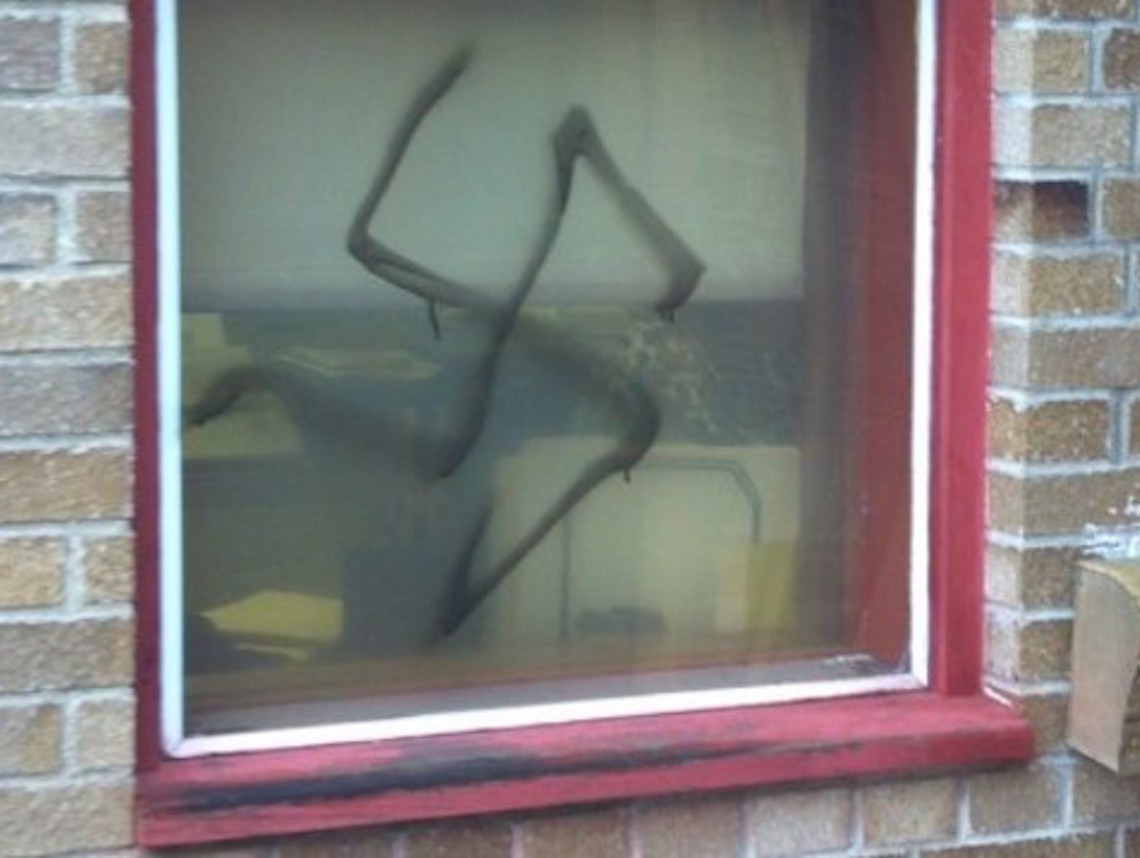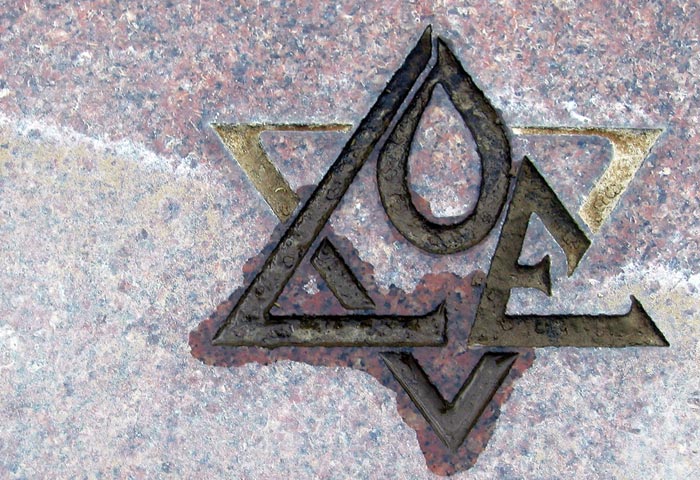
Anti-Semitism has become the new “it” word. I see it everywhere. The Jewish news media, Jewish organizations, commentators, friends, rabbis — everyone seems to be up in arms about the apparent “resurgence of anti-Semitism in America.”
Why am I having trouble jumping on this bandwagon of hysteria?
It’s not because I’m indifferent to ugly episodes like phone threats against Jewish groups or Jewish graves being desecrated. And it’s not because the liberal Jewish community seems to go especially crazy when the anti-Semitism looks like it’s coming from the right.
Rather, my problem with the hysteria is that it covers up an essential truth: No country has been better or safer for the Jews than America.
Jews have thrived in a free society where everyone is equal under the law. We have given back to America every ounce of our gratitude. We have contributed in all fields, from entertainment, science and spirituality to academia, social activism and the economy. In the process, we have made ourselves liked and respected. It’s not a coincidence that, according to the latest Pew Research Center study, Jews are the most liked religious group in America.
So, here’s the question: If we’re the most liked group in America, why are we not acting like it? Why is our body language so insecure?
Given our long history of persecution, we have every reason to be ultrasensitive to any sign of Jew-hatred. The problem is that in this new media landscape we’re in, these signs can often look overwhelming. Any coward can slap a swastika on the side of a synagogue and take over the national conversation.
I’m not downplaying Jew-hatred. It’s real and it’s evil. We know there will always be people who will find a reason to hate Jews. The real question is: How much power do we want to give them?
If you ask me, here’s the message these Jew-haters need to hear: You lost, folks. The Jews have made it in America. We love our country, and America loves us right back. You guys are the sorry exceptions. We will fight you tooth and nail, but we won’t give you the publicity you crave.
Any coward can slap a swastika on the side of a synagogue and take over the national conversation.
Let’s also fess up to the elephant in the room: Bad news is good for business. Headlines that shout “Anti-Semitism” energize our whole ecosystem — the media, the donors, the pundits, the political activists, the synagogues, the federation boardrooms, everyone who feeds off the drama of bad news. This is human nature.
Conversely, it’s a lot more difficult to find drama in good news. How do we elevate the heroic story of the Jews in America, the incredible progress we have made and the significant contributions we continue to make?
If we dig a little deeper, though, we will see that celebrating the good news can also be a way of fighting anti-Semitism. By projecting a more positive vision of the American Jewish experience, by focusing on how people love us and not just on how they hate us, we combat anti-Semitism with a large dose of pro-Semitism. It’s a direct hit.
You know my theory of who has encouraged Jewish love as much as anyone? Jewish comedians. Over the past century, no one has brought more laughs to America. Our comics poked fun at themselves, at Jews, at everyone. Their irreverence was a sign of strength and confidence.
We can’t afford to lose that winning image. Jewish culture in general has so thoroughly infiltrated American culture that it’s often hard to tell the difference between the two. This intimacy between the two cultures is partly what feeds the positive affection for Jews in the first place.
By all means, let’s stay vigilant and let’s fight the hatred, but let’s not give this hatred iconic status. Let’s tone down the “sky is falling” body language and fight the haters from a position of strength and security, not fear.
As former Israeli ambassador to the United States and current Deputy Minister for Diplomacy Michael Oren said recently in a Times of Israel (TOI) interview, “Too much emphasis is put on what people say, not on what they do.” In his meetings with bipartisan congressional delegations from the U.S., Oren, according to TOI, is often told “it is less important that hate crimes are condemned and more important that they are stopped. The question is what is done operatively to combat and prevent them.”
In other words, when you’re dealing with cowards who crave attention, fighting quietly may be more effective than screaming publicly.
David Suissa is president of TRIBE Media Corp./Jewish Journal and can be reached at davids@jewishjournal.com.























 More news and opinions than at a Shabbat dinner, right in your inbox.
More news and opinions than at a Shabbat dinner, right in your inbox.